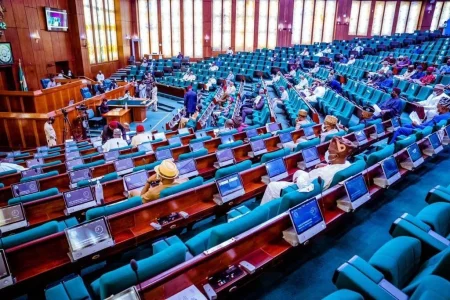
The federal government announced that the student loan scheme will initially be available only to students from federal universities. With the portal opening on May 24, the program aims to support up to 1.2 million students, covering 100% of school fees and providing monthly stipends for additional expenses.
The federal government has announced that the newly launched student loan scheme will initially be available only to students from federal universities. This phased rollout was disclosed by Akintunde Sawyerr, the managing director of the Nigeria Education Loan Fund (NELFUND), during a conference in Abuja on Monday.
Sawyerr explained that while future programs will include provisions for vocational skills and qualifications, the current focus is on students at federal institutions. “The first beneficiaries of this loan are students of federal institutions at all levels,” he said. This announcement follows the recent declaration that the student loan portal will open on May 24.
A maximum of 1.2 million students from federal tertiary institutions are expected to benefit from the loan scheme. Eligibility is contingent upon the submission of institutional data to the fund’s dashboard. Sawyerr encouraged students to apply promptly to ensure timely processing.
The loan application process, designed for easy access, will cover 100 percent of each applicant's school fees, paid directly to the institutions. Additionally, monthly stipends will be provided to beneficiaries to cover extra expenses and enhance their school experience. “We will also make a monthly payment to the individual who’s studying because just paying the fee alone may not be sufficient,” Sawyerr noted.
Repayment of the loans is expected to commence two years after the beneficiaries complete the National Youth Service Corps (NYSC) program. In response to the announcement, Nigerians have expressed discontent over the Federal Government's decision to restrict the newly launched student loan scheme to students from federal universities. Many are critical of the limited accessibility, emphasizing the need for inclusive support across all educational institutions nationwide.




